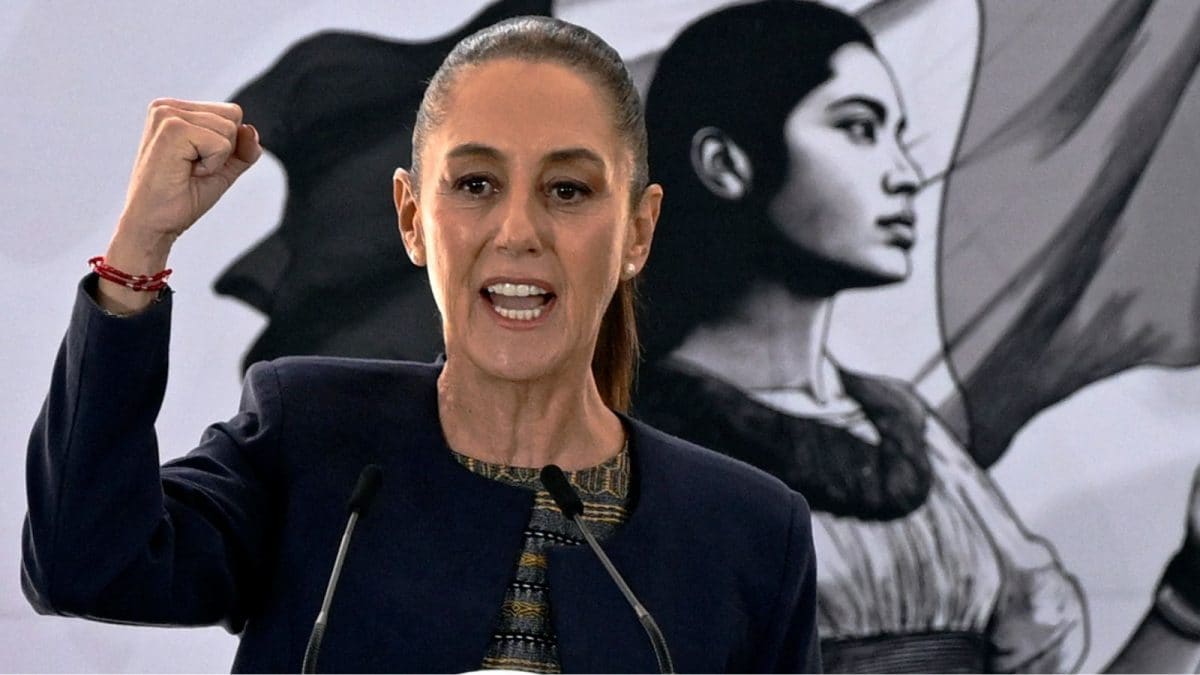ARTICLE AD BOX

SEBI investigation into Jane Street profits highlights worrying aspects about India's derivatives market structure. (AI image)
Jane Street Group, the US trading powerhouse that was slapped with a trading ban in Indian markets on Friday, made a whopping Rs 735 crore single-day profit during a January 2024 trading session, according to a SEBI order published that day.The substantial earnings were part of Jane Street's total profits of Rs 36,502.12 crore across various market segments in India from January 2023 to March 2025. SEBI's detailed investigation specifically highlights January 17, 2024, when the organisation allegedly implemented a sophisticated "Intra-day Index Manipulation" scheme involving the Bank Nifty index and its components, resulting in significant gains from index options, according to an ET report.
What did Jane Street do to make Rs 735 crore single-day profit?
- On January 17, 2024, the Bank Nifty index commenced trading considerably lower at 46,573.95, down from its previous closing value of 48,125.10. "Media reports claimed that this fall may be attributed to the market's apparent disappointment with the results announced by HDFC Bank after market close on January 16, 2024," SEBI noted.
- The regulatory body identified a dual-phase approach that enabled Jane Street to accumulate a net profit of Rs 734.93 crore within several hours of trading.
- During the initial trading period—"Patch I"—the organisation allegedly purchased Bank Nifty constituent stocks and futures valued at Rs 4,370 crore, which SEBI noted was considerable relative to typical market trading volumes. These acquisitions resulted in price increases, causing market participants to incorrectly interpret it as a market recovery.
- "At a time when participants in index options markets are misled by the above support for Nifty Bank, JS Group builds effectively Rs 32,114.96 crores of bearish positions in the much more liquid Nifty Bank index options by buying cheap Put options and selling expensive Call options," the order said.
- During the subsequent phase—"Patch II"—Jane Street disposed of almost all its long-term holdings. "The sales are aggressive, in a manner that pushes down prices in the component stocks and hence the index. JS Group books losses in intraday cash/ futures market trading," the SEBI order alleged.
- The profits generated from index options significantly outweighed the equity losses. When the Bank Nifty index declined from its morning peak, put options increased substantially in value whilst call options decreased. "Profits in index options more than compensate for the JS Group's losses in intraday cash/futures trading," SEBI said.
Jane Street ‘Manipulation’ Pattern
Jane Street employed identical "Intra-day Index Manipulation" tactics during 15 out of 18 days under SEBI's scrutiny. For the remaining three instances, they implemented an "Extended Marking the Close" approach, which continued for three additional days in May 2025, even after receiving SEBI's warning notice.Also Read | Jane Street ban: Why has SEBI barred US-based trading firm, which made multi-thousand crore profit, from India’s securities markets? ExplainedFollowing a National Stock Exchange advisory in February 2025, the "JS Group persisted with similar trading activities, disregarding both the Exchange's cautionary communication and their own pledges," as stated by the regulatory authority.
While the NSE concluded its investigation, SEBI took stringent measures. The regulator issued orders on Friday prohibiting Jane Street and four related entities from participating in Indian securities trading, whilst directing banks to restrict their account withdrawals. Additionally, SEBI initiated proceedings to seize Rs 4,840 crore in purported unlawful profits.The investigation highlights worrying aspects about India's derivatives market structure, where global entities utilising sophisticated algorithms and high-speed trading techniques compete against individual retail options investors.
SEBI's investigation revealed Jane Street's dominant position, noting they "consistently running what appeared to be by far the largest risks in 'cash equivalent' terms in F&O particularly on index option expiry days.
"The regulatory body emphasised the substantial magnitude of Jane Street's market activities in cash and futures segments. They observed that the firm understood that Nifty Bank would likely decline by day's end, considering their planned strategy to aggressively liquidate their morning acquisitions and beyond.SEBI pointed out that other market participants remained uninformed about these developments, leading them to engage in transactions whilst the Nifty Bank index was being artificially sustained at elevated levels temporarily.



.png)
.png)
.png)
















 4 hours ago
3
4 hours ago
3









 English (US) ·
English (US) ·